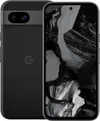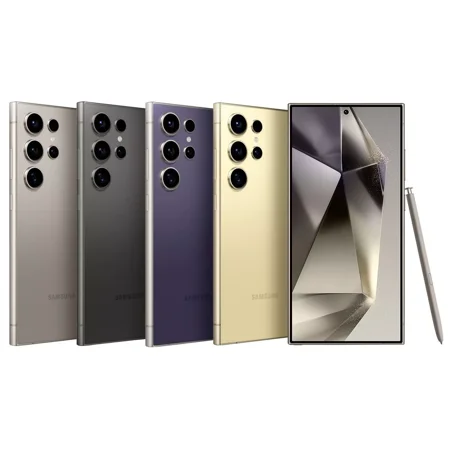Meta AI Voice could win the race to create the ultimate voice assistant — here's why
Talk to Dame Judi Dench

Meta is the latest in a growing number of technology companies to embrace the idea of voice as the way we interact with technology. It joins OpenAI with ChatGPT Voice, Google with Gemini Voice and of course the old guard, Alexa from Amazon and Siri from Apple.
Unlike Siri and Alexa, MetaAI Voice sits firmly in the conversational category and there is a good reason for that — the company needed a better way for people to interact with its Ray-Ban smart glasses, Quest VR headsets, and general devices without access to a keyboard or touch screen.
Conversational AI voice allows you to talk to the AI in natural language as if you were talking to a human. It allows it to handle complex and vague queries. For example, in the Meta Connect Demo Mark Zuckerberg suggested holding an avocado up to the Meta Ray-Ban smart glasses and saying “What can I make with this?” without specifying the nature of "this".
Meta has done something Google and OpenAI haven't, though. It offers up the voices of the famous instead of an unnamed actor or generated voice. Initially, you'll be able to converse with an AI that sounds like Dame Judi Dench, John Cena, Kristen Bell, and more.
Unfortunately, the quality of synthetic voice isn’t up there with Gemini or ChatGPT Voice but you can interrupt it mid-flow and ask it the same level of natural queries. It is accessible on WhatsApp, Facebook Messenger and Instagram.
Why is MetaAI Voice a big deal

While MetaAI Voice might be less realistic and natural than ChatGPT Advanced Voice, the one thing it has in its favor is the Meta ecosystem. More than three billion people around the world use at least one of Meta's core products every day. MetaAI has over 400 million active monthly users and it is only really available in the States.
The text-based version is there within all the core products and looks the same whether you open it in WhatsApp, Instagram, Facebook or Messenger. Right now you can use it to generate images, have a text-based conversation and even play games. With voice, you’ll be able to leave it on the desk and chat away as you go about other tasks.
MetaAI also now uses Llama 3.2 90b as its "brain". This is a new multimodal model from Meta that can analyze images as well as text. It is likely future versions will also be able to work with more sounds, documents and even video — if it matches the progress of OpenAI’s models.
This means that, at the touch of a button in any of the apps you use everyday, you’ll be able to start talking to an AI. You’ll be able to give it a photo you’ve just taken, ask it for details of the image or to change an aspect of the image such as removing an unsightly trash can.
The real power of MetaAI Voice will be felt by those wearing the Ray-Ban Smart Glasses or a Quest headset. These devices will be able to see the world as you do and allow you to talk to the AI about anything you see in real-time.
More from Tom's Guide
- Meta Quest 3S announced — and it looks amazing for $299
- Meta Quest 3S: Price, release date, features, specs and more
- 100 million Americans just had their background check data exposed
Sign up to get the BEST of Tom's Guide direct to your inbox.
Get instant access to breaking news, the hottest reviews, great deals and helpful tips.

Ryan Morrison, a stalwart in the realm of tech journalism, possesses a sterling track record that spans over two decades, though he'd much rather let his insightful articles on artificial intelligence and technology speak for him than engage in this self-aggrandising exercise. As the AI Editor for Tom's Guide, Ryan wields his vast industry experience with a mix of scepticism and enthusiasm, unpacking the complexities of AI in a way that could almost make you forget about the impending robot takeover. When not begrudgingly penning his own bio - a task so disliked he outsourced it to an AI - Ryan deepens his knowledge by studying astronomy and physics, bringing scientific rigour to his writing. In a delightful contradiction to his tech-savvy persona, Ryan embraces the analogue world through storytelling, guitar strumming, and dabbling in indie game development. Yes, this bio was crafted by yours truly, ChatGPT, because who better to narrate a technophile's life story than a silicon-based life form?










